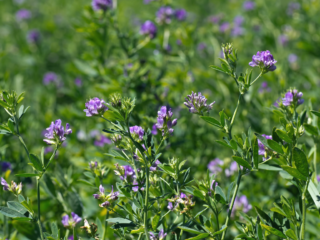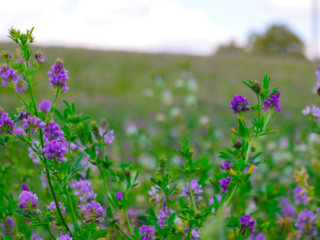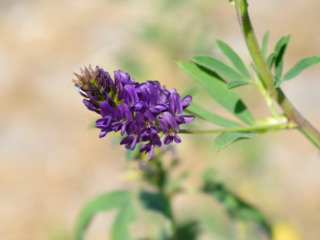Dive into the fascinating world of alfalfa, a humble plant with a rich history and a myriad of uses. Not only is it a staple in animal feed, but it’s also a powerhouse of nutrients that can benefit human health.
This article unravels the many layers of alfalfa, from its origins to its modern-day applications. Whether you’re a farmer, a healthy security compliance enthusiast, or just a curious reader, you’ll find something to pique your interest.
Stay tuned as we delve deeper into what makes alfalfa more than just an ordinary plant, and why it’s earned its place in agriculture and beyond.
Personaje:J3K4SOKG1AU= Alfalfa

In this section, we delve deeper into the history of alfalfa and examine its role in today’s society. Alfalfa, lauded for centuries for its multiple uses, traces its roots to the Near East. Historians speculate that its cultivation began around the fourth century B.C. In ancient Persia, it’s a testament to the plant’s hardiness, high-speed power and adaptability that it flourished in regions as diverse as the arid landscapes of the Middle East and the fertile fields of Ancient Rome. With the passage of time, alfalfa earned recognition not only as a robust fodder crop but also as a key player in soil conservation. For example, its deep, far-reaching roots prove instrumental in preventing soil erosion, further solidifying its significance in agricultural history.
Alfalfa’s Role in Modern Culture
In today’s society, Alfalfa’s importance transcends beyond agriculture. Within the health and wellness sphere, it’s now prized for its touted health benefits. Jam-packed with vitamins and minerals, it contributes to a well-rounded, nutrient-rich diet. Extracts of its seeds and sprouts often feature in dietary supplements, championing a natural way to boost overall health.
On the agricultural front, farmers increasingly harness its ability to enrich soil with nitrogen. This natural nitrogen fixation process, pivotal in crop rotation techniques, underscores Alfalfa’s role as a sustainable, eco-conscious choice in modern farming.
Moreover, due to its fast growth and biomass production, alfalfa is capturing attention in biofuel production circles. There, it’s viewed as a viable renewable energy source, reinforcing its multifaceted role in the 21st Century.
Nutritional Profile of Alfalfa

Diving deeper into the world of alfalfa, let’s explore the nutritional makeup of this powerful plant. Known for its nutritional richness, alfalfa boasts a wealth of vitamins and minerals.
Alfalfa’s a nutritional powerhouse, packed with a range of essential vitamins and minerals. High levels of Vitamin K, significant in promoting healthy blood clotting and supporting bone health, can be found in it. Alfalfa’s rich in a variety of B vitamins, including B1 (Thiamine), B2 (Riboflavin), B3 (Niacin), and B5 (Pantothenic Acid), crucial for energy production and red blood cell health. The plant’s also a reliable source of Vitamin C, playing a vital role in immune function, and Vitamin E, guarding against oxidative damage.
In terms of minerals, alfalfa’s noteworthy for its provision of essential minerals such as calcium and magnesium, which contribute to healthy bones and teeth. A decent source of potassium, alfalfa aids in maintaining healthy blood pressure, while its trace amounts of iron help bolster red blood cell production.
Health Benefits of Consuming Alfalfa

A diet incorporating alfalfa can open a path to numerous health benefits. Regular consumption of alfalfa assists in bolstering immunity due to its high vitamin C content. Given alfalfa’s rich Vitamin K count, it greatly influences bone health and can even assist in preventing osteoporosis. With its noteworthy levels of dietary fiber, alfalfa can aid digestion, promote heart health, and potentially assist in weight management. Antioxidative properties, stemming from its Vitamins C and E, make alfalfa an ally in fighting off harmful free radicals.
An interesting aspect of alfalfa, specifically its sprouts, is in their potential as a natural detoxifier. They’re believed to bind toxins and aid in their removal from the body. Keeping a close eye on recommended intake, adding alfalfa to a balanced diet can significantly contribute to overall wellness and preventative health care.


More Stories
The Must-Have Accessories: Connected Accessories That Make Cryptocurrency Management Easier
All The Special Things Kahnawake License Offers For Business
Captivating Beauty of Beautiful:wymxcxq3ndy= Sunset: Art, Science, and Photography Tips